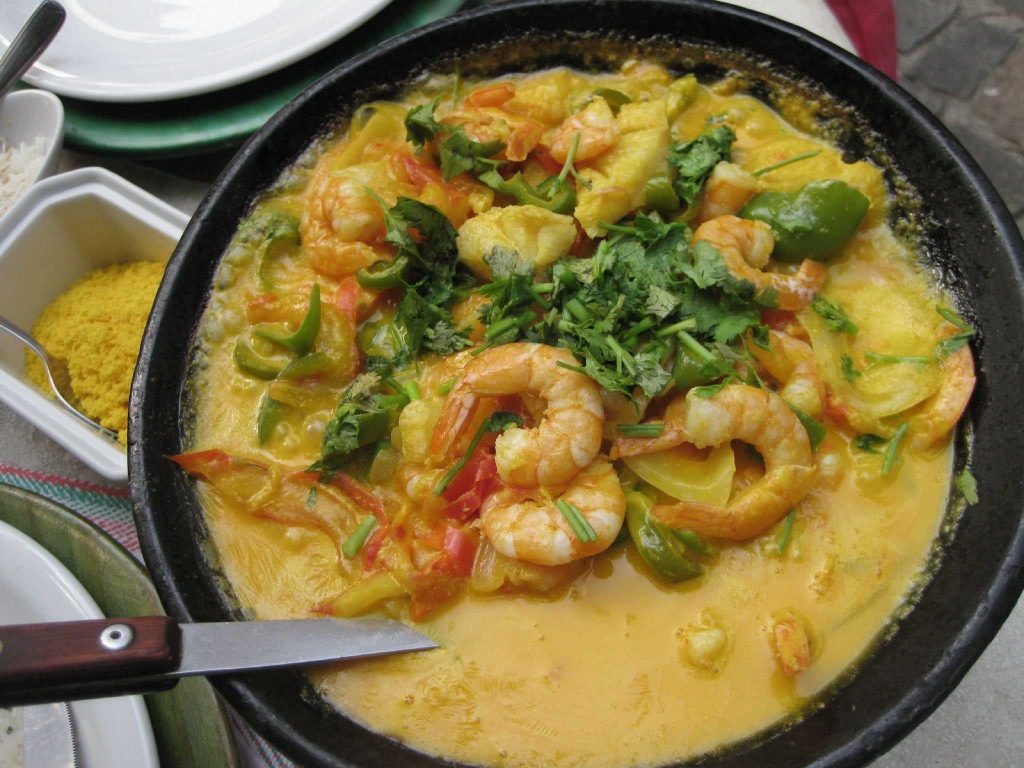
Brazil – Possibly the Best Dietary Advice in the World
Be honest, when you think about leading advice on healthy eating you wouldn’t necessarily think of Brazil as the nation providing the best advice would you? The truth is that they have so much right that most of the rest of the world have so wrong. Whilst almost every national health authority tries to advise the members of their state or country on healthy eating by focussing on the consumption or avoidance of specific nutrients, Brazil focusses on more positive aspects and behaviours.
In the UK, US and Australia for example the population are advised which food groups they should be eating and how much. The way this information is communicated is encapsulated in the UK Eat Well Plate , the U.S. Food Pyramid and the Australian Guide to Healthy Eating.
In Brazil they don’t even have a food guide. There is no eat well plate or pyramid. Instead, they place the emphasis on learning how to cook, sharing meals with friends and they even advise that people should be wary of food advertising. In fact they go as far as recommending Brazilians eat minimally processed foods, mainly of plant origin as the basis of diets that are nutritious, delicious, appropriate, and supportive of socially and environmentally sustainable food systems.
If you start to imagine how differently we might eat if we were not only advised to eat, cook and support local community through our food choices but if those in charge and responsible for advising were also in a position to be able to support this through policies and finance. It makes you also then wonder why we are not using this approach in all countries. A recent interview with Marion Nestle (no link to the corporate food giant) professor of Nutrition, Food Studies, and Public Health at New York University revealed that the focus on individual foods or food groups is more often a result of industry advertising and food fads than actual nutrition. If this is the case then is it wise that these fads and industry messages are being taught in schools?
So what can we learn from the Brazilian’s? We can certainly conclude that their advice on healthy eating is far more positively positioned with the health and wellbeing of the members of society at its heart AND we could even adopt their 10 steps to healthy eating ethos.
- Make natural or minimally processed foods the basis of your diet.
- Use oils, fats, salt, and sugar in small amounts when seasoning and cooking natural or minimally processed foods and to create culinary preparations.
- Limit consumption of processed foods.
- Avoid consumption of ultra-processed products.
- Eat regularly and carefully in appropriate environments and, whenever possible, in company.
- Shop in places that offer a variety of natural or minimally processed foods.
- Develop, exercise, and share culinary skills.
- Plan your time to make food and eating important in your life.
- Out of home, prefer places that serve freshly made meals.
- Be wary of food advertising and marketing.
It doesn’t have to get any more complicated than that.
